
NSW Inquiry Spotlights Importance of Inclusive Bathroom Access For Trans & Gender Diverse People
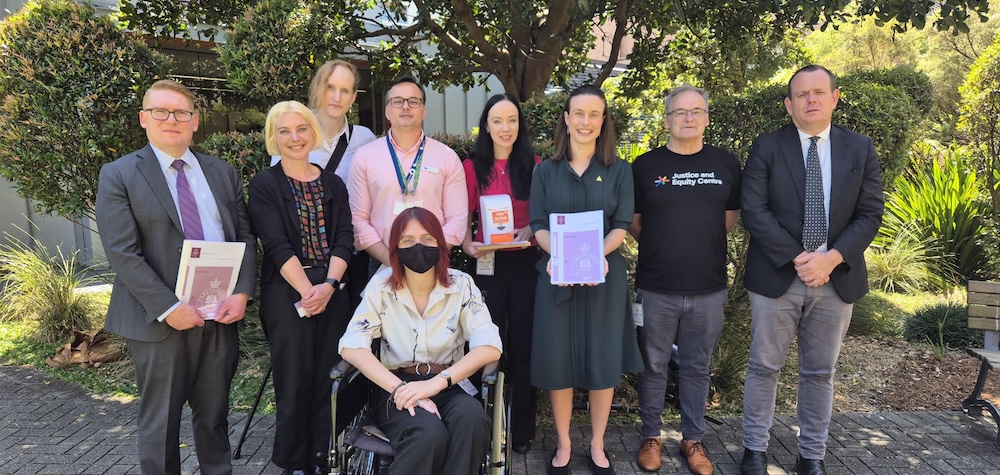
At a NSW parliamentary inquiry into public toilets this year, Elster, a volunteer with the Trans Justice Project, shared her harrowing experiences of attempting to use public toilets as a trans person.
“Growing up as a trans kid in regional Australia, I was denied access to basic human decency in the form of not being allowed to use bathrooms. If I were to use a men’s bathroom, I risked violence, harassment, threats and being followed and jeered at, amongst other things. Whilst women’s bathrooms were slightly kinder to me, I still faced much the same experience,” said Elster.
She stressed, ‘trans youth across Australia and New South Wales experience much the same thing, and it is not a situation they should have to be in’.
NSW public toilets parliamentary inquiry report handed down today
A report from the inquiry, handed down today, champions the right of a range of minoritised communities, including trans and gender diverse people, to inclusive and safe public bathrooms in NSW.
The report relays a number of findings, including that single-use toilet cubicles, which open on to public space, are the preferred option amongst many who contributed to the inquiry.
As was expected, the report found that the inability to access public toilets was a particular concern for trans and gender diverse communities, people who are homeless, and people who have a disability.
As was evident in Elster’s experience, trans and gender diverse people face a slew of issues related to public bathroom access, which the inquiry heard.
The current status quo of gender separated multi-stall toilets with just one accessibility toilet (if at all) treats non-binary people as if they are non-existent, and creates unsafety for trans people who may be harassed and face violence if they are clocked as trans.
Ambly, an agender person who contributed to the Trans Justice Project’s engagement with the inquiry, shared the social dysphoria they experienced when only gender binary toilets were available.
“I don’t feel comfortable using the men’s bathroom because I don’t want people to see and know I use it as that might suggest to them that I am comfortable being seen as a man, or at least normalise my presence in men’s spaces like it’s not a big deal,” said Ambly. “Also, some men use the space in ways which make me feel dysphoric just being part of it – talking very “manly”, not washing hands, etc. Just a lot of small actions I don’t want associated with me.”
Trans Justice Sydney & Sydney Bi+ Network speak in inquiry
Trans Justice Sydney, alongside the Sydney Bi+ Network, highlighted in the inquiry that trans and gender diverse people also have a higher likelihood of acquiring UTIs, kidney problems and becoming dehydrated due to having to hold their bladder when no safe or inclusive bathroom options exist.
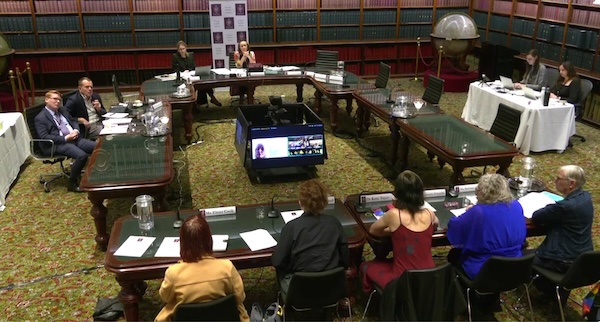
Given the stresses of gender separated bathrooms, 97% of trans and gender diverse people who feel comfortable using gender neutral toilets have indicated a preference for gender neutral toilets over gendered ones. Such was reported in a study by Curtin University and the Equal Opportunity Commission in Western Australia.
The report from the inquiry made a number of recommendations which, if implemented, provide a unique opportunity to strengthen the capacity of trans and gender diverse communities to safely access public toilets.
What recommendations did the NSW parliamentary inquiry into public toilets make?
Recommendations include that a state public toilet strategy be created which includes the provision of all gender toilets. The report also recommends that the National Construction code be amended to ensure all gender toilets are available.
Importantly, clear distinctions are made between accessibility toilets and all gender bathrooms, so that trans and gender diverse people without disabilities are not expected to use all-gender accessibility toilets moving forward.
While we await a government response to the report, and are hopeful for its implementation, we encourage businesses, organisations and government to consider the benefits of turning multi-stall bathrooms into all gender restrooms in the interim, to ensure trans and gender diverse people are not left in the lurch, given the current landscape dominated by gender separated, multi-stall toilet blocks.
For venues and patrons that want a toilet specifically for women, an option is to change the men’s multi-stall bathroom into an ‘all gender’ bathroom, and to keep the women’s multi-stall bathroom as is. This suggestion was made by Sally Goldner of Transgender Victoria in 2021. TransHub provides all gender toilet signage that can be adapted by facilities.
Multi-stall gender neutral bathrooms are not a radical proposition, and many venues in Sydney already offer them. These include the Red Rattler Theatre, the Imperial Hotel, the Museum of Contemporary Art and the International Convention Centre.
Trans Justice Sydney (a location-specific network of the broader Trans Justice Project) provides a letter template that can be used to recommend this option to venues.
Elster explains that gender neutral bathrooms are, ‘not about convenience for trans people, but about accessibility and being able to exist in public. Without bathrooms, we’re essentially running on a time limit on how long we can be out, and these recommendations would help that significantly’.
Ultimately, the recommendation of ensuring the provision of all gender toilets in the report benefits a slew of communities beyond just trans and gender diverse people. This includes parents with a child of a different gender to them, and women, who research shows would face drastically lower wait times if bathrooms were all gender.
By following recommendations in the report, and ensuring the immediate provision of all gender toilets where they do not exist, bodies that provide toilets to the public have a unique opportunity to champion the health and wellbeing of minoritised communities.
For the sake of trans and gender diverse participation in public life, and the contributions we make to it, we hope they take it.
By Rory Gillard, Elster Cook and Ambly Ornis, trans and gender diverse volunteers with Trans Justice Sydney.




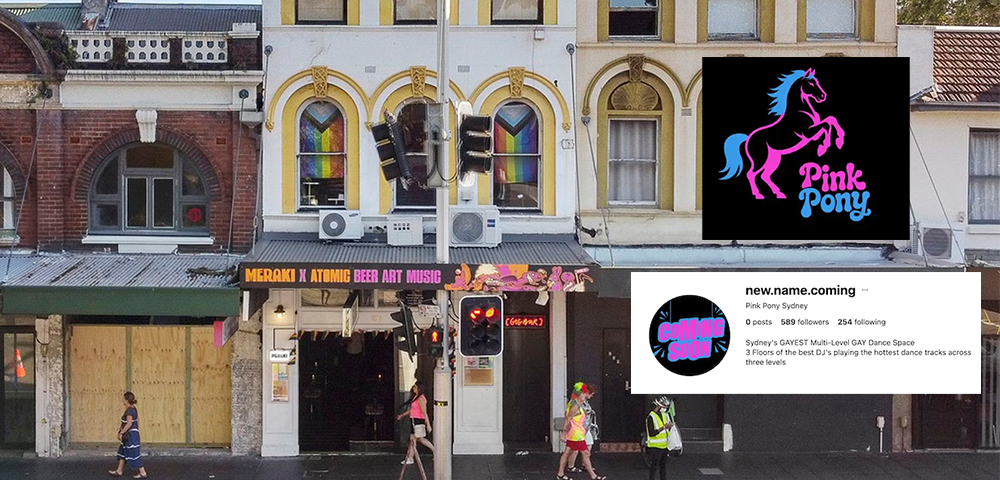
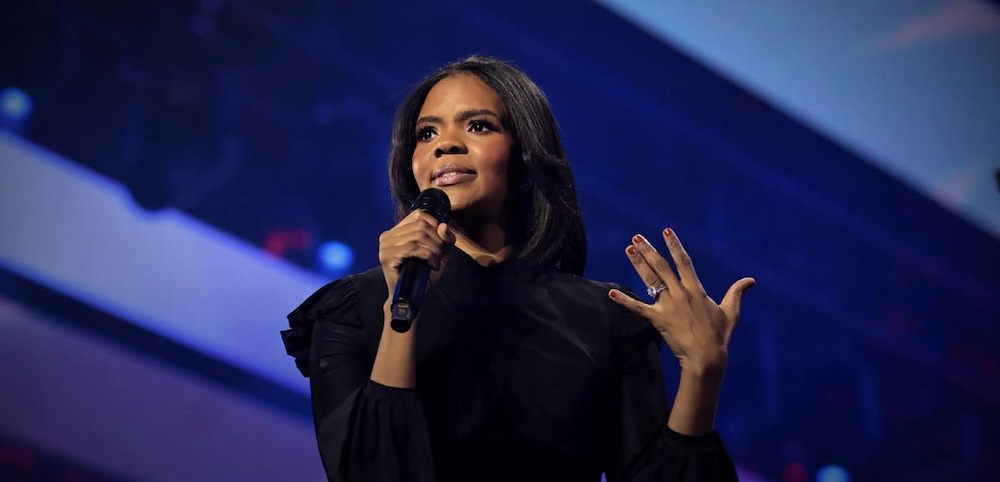

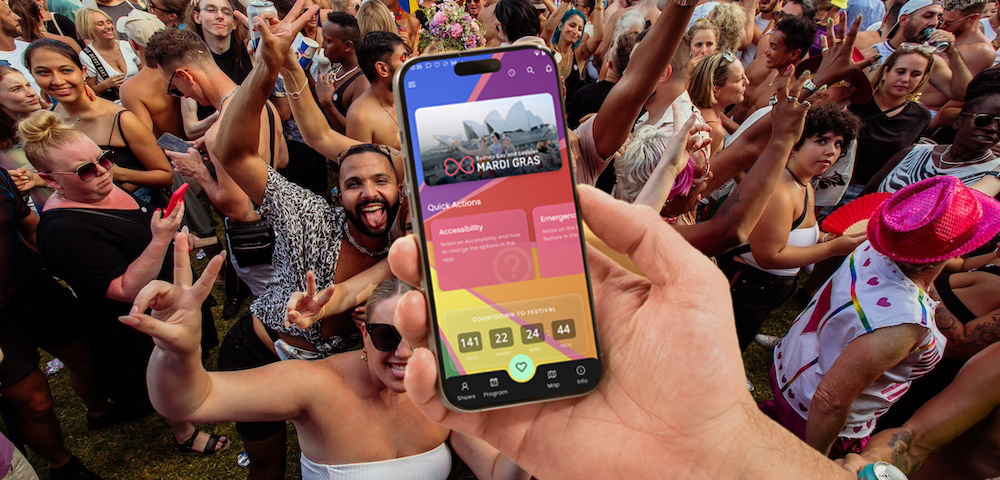

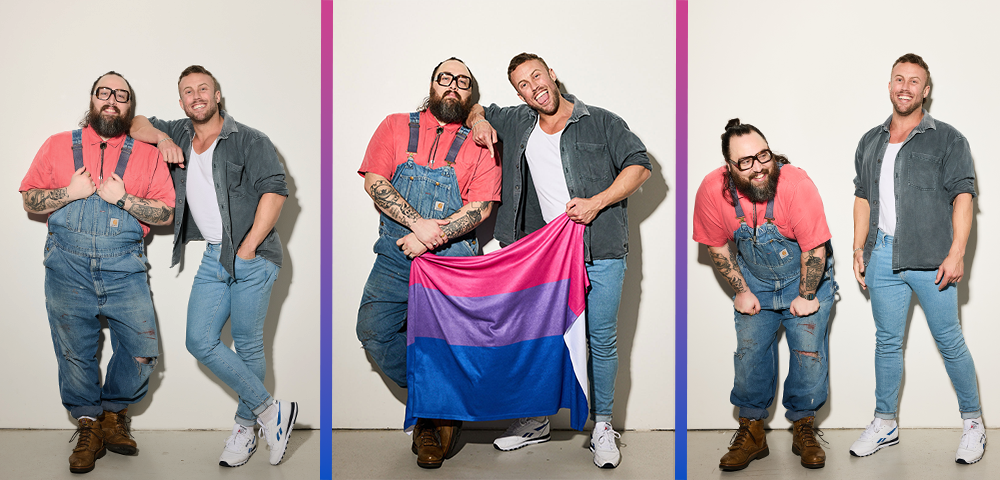
Leave a Reply